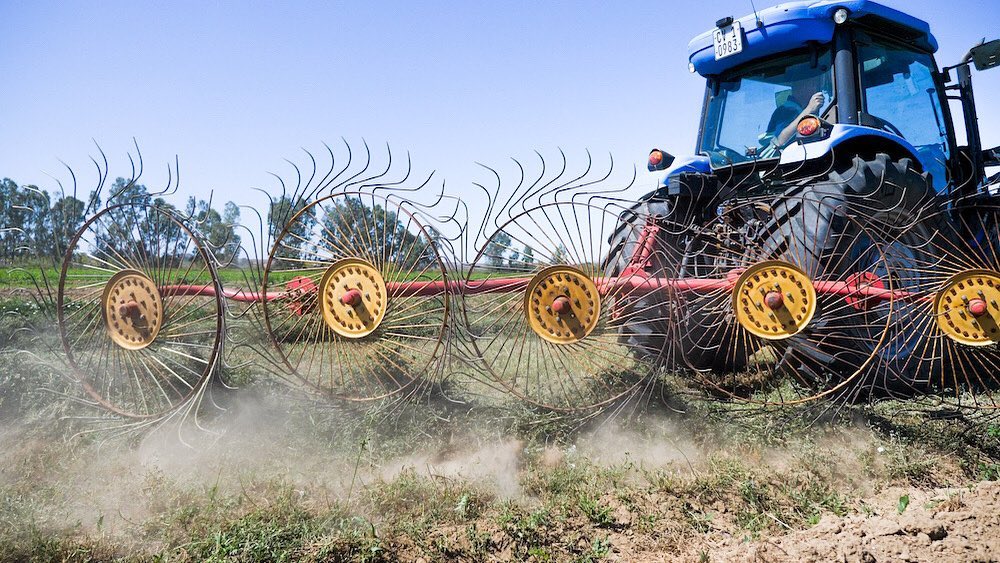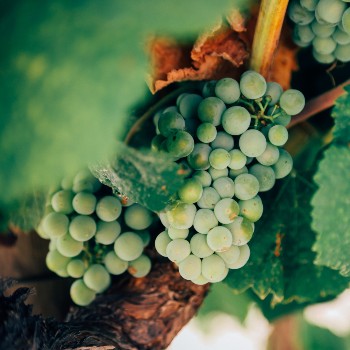With the rise of thoughtful consumption and mindfulness burgeoning throughout mainstream culture, it should come as no surprise that more sustainable farming practices are being utilised within the wine industry too. Yet, some of these practices are not new – in fact, since the advent of agricultural chemicals in the nineteenth century, a variety of people have warned of risks to public health and the environment. These people largely struggled to attract an audience until the late 1960s, when organic farming and natural food stores started to gain traction. Which leaves the question, so what makes wine organic?
What is Organic Wine?
It didn’t take too long for the organic wine industry to join the bandwagon, motivated by the prospect of creating a product that was environmentally-friendly and possessed clean terroir. So what exactly is organic wine?
Put simply, organic wine is made with organically grown grapes, grown without the use of chemical fertilizers, pesticides, or other artificial chemicals (the opposite of a standard, non-organic wine). In order to have organically grown grapes, a vineyard manager must implement an entirely different set of practices to maintain their vines. It’s a way of farming that views the vineyard as a living ecological system, rejecting the use of anything chemically-based in the vineyard, except for the use of preservatives such as sulphur dioxide. Importantly, organic wine does not mean the wine is vegan or biodynamic. Each category has its own stipulations, and an organic wine can have additives such as yeast, egg whites and animal enzymes if needed.

Be More Organic-Mindful
Since the rise of organic wines in the 1960s, organic-certified wineries have sprung up around the Cape Winelands in South Africa within the last decade, with around 10 certified organic farms now existing, including Reyneke, Avondale, Waverley Hills, Laibach, Lazanou, Upland, Stellar, Org de Rac and Bon Cap – and many more about to get the official stamp. It is also valuable to note that many boutique wineries can not afford the expense it takes to become organic-certified, and so adopt a new-age practice the French refer to as ‘la lutte raisonnée’ meaning ‘the reasoned struggle’. Growers who practice this kind of viticulture claim to use chemicals less often and less aggressively than conventional growers but that the only thing to stop a reasoned grower from farming conventionally is their conscience. In this era of mindfulness and self-awareness, the concept is really about being organic-mindful more than anything else.
Does Organic Wine Taste Better?
Of course, the inevitable question of quality is always raised. Does organic wine taste better – or different? Our advice is that when it comes to supporting organic wineries, accept that it’s not so much about the taste of the wine, as the taste will be similar to other, non-organic wines. You drink organic, biodynamic or vegan wine because it’s a philosophy or movement you support. Drinking organic, much like eating organic, comes down to the inherent belief of wanting to do less harm to the world, and your body. And that can only be a great thing!
Organic Wineries in South Africa
1. Reyneke
A great example of an organic wine farm is Reyneke, located in the Stellenbosch Valley. Reyneke prides themselves on being organic, and they have innovatively adapted themselves to their surroundings, allowing the natural Cape fynbos to grow amongst the vineyards, while ducks provide pest control and all composts are prepared on the farm from natural sources to promote self-sufficiency.
2. Steller Winery
Stellar Winery, situated at Kys Halte in the Western Cape, boasts unique wines. Their cool-climate vineyards, located close to the Atlantic Ocean, adds to the unique characteristics of their wine. They are the largest producer of fine, organic, fair trade wines in South Africa, and are the largest global producer of no-added-sulphur wines.
3. Waverly Hills
Waverley Hills is best known for producing premium certified organic wine made from organic grapes grown in the most natural way possible. Cellarmaster, Johan Delport, says: “ To make organic wines is not an excuse to make bad wines”. He believes global warming favours Mediterranean varieties in South Africa.
4. Org de Rac
Frank Meaker, cellar master at Org De Rac in the Swartland, is passionate about environmentally-friendly, sustainable, organic viticulture. As one of the biggest certified wine producers in South Africa, Org de Rac is one of a dozen pioneering organic wine farms in the Western Cape, where the whole organic chain of production from vineyard to the cellar is meticulously managed. Meaker has a holistic philosophy from the use of wasps to control pests, low concentration copper sprays, guano as natural fertiliser, organic sugar to make their highly-rated Blanc de Blancs MCC, wild yeast, slow ferments and organic egg fining powder in the cellar.
While the transformation of wineries to become organic can be a tough one, the demand for more environmentally friendly and sustainable wines is hard to ignore. The movement is growing and the change starts with us. When visiting your next wine destination, support the wineries working hard to make a difference.
